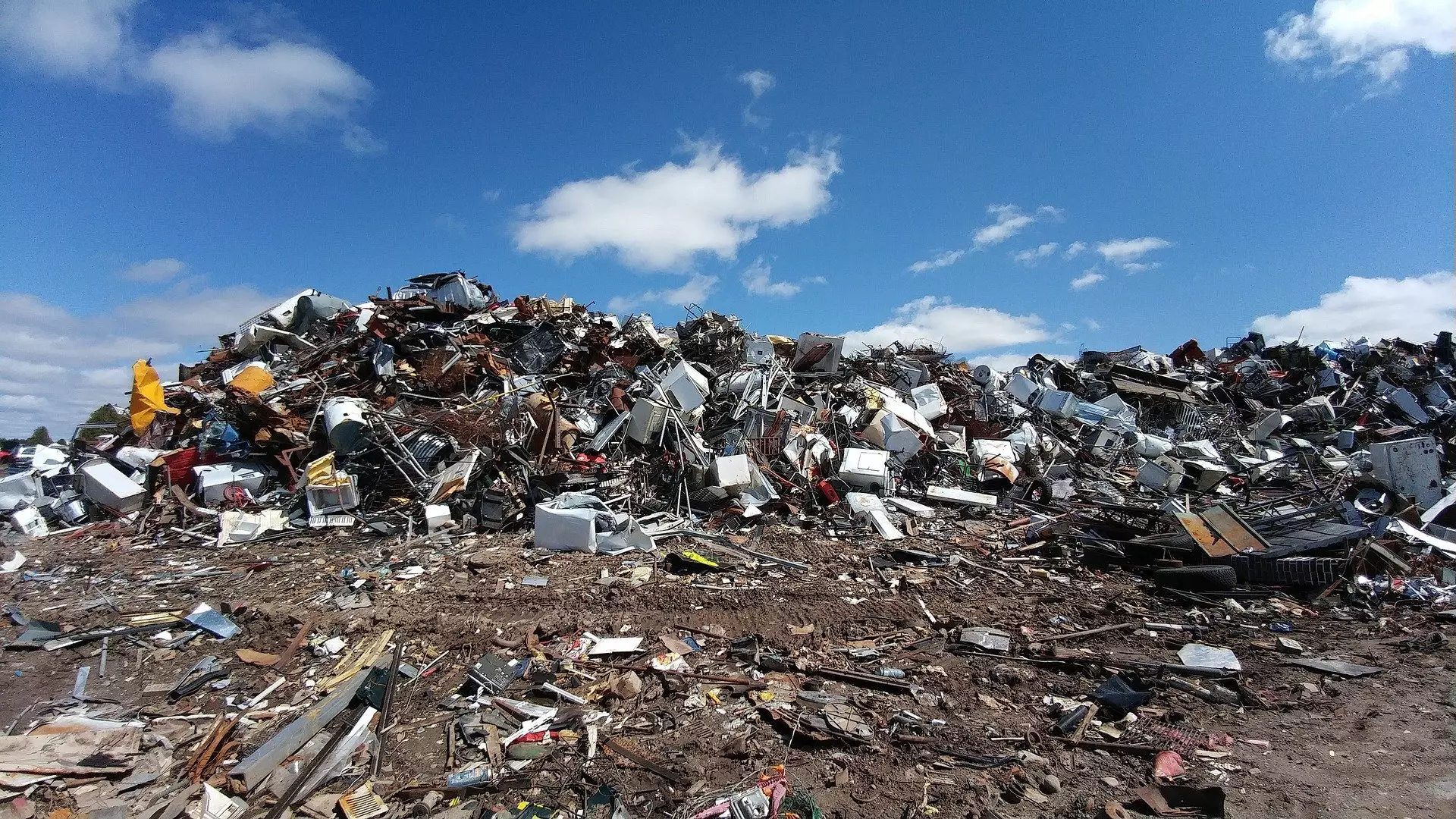The fight against methane emissions, a significant contributor to climate change, has hit a roadblock. Despite pledges from over 150 nations to reduce methane emissions by 30% in the current decade, recent research indicates that global methane emissions have been increasing at an alarming rate. The Global Carbon Project, led by Stanford University’s Rob Jackson, has shed light on this issue, highlighting that methane levels in the atmosphere have reached the highest levels in over 800,000 years.
Methane, although short-lived, is an incredibly potent greenhouse gas, with the ability to heat the atmosphere nearly 90 times faster than carbon dioxide in the first 20 years post-release. This makes it a crucial target for mitigating global warming in the short term. Despite its significance, total annual methane emissions have surged by 20% in the last two decades. The surge is mainly fueled by increased emissions from coal mining, oil and gas activities, livestock farming, and waste decomposition in landfills.
In 2020, approximately 65% of global methane emissions (400 million tons) were a result of human activities, with agriculture and waste sectors being major contributors. Only a few regions, including the European Union and possibly Australia, have managed to lower methane emissions from human enterprises in recent years. On the contrary, countries like China and southeast Asia have witnessed substantial spikes in methane emissions, posing a significant threat to global climate goals.
The COVID-19 pandemic led to a temporary dip in emissions in 2020 due to lockdown measures, especially in transportation sectors. While this resulted in a decrease in nitrogen oxide pollution (NOx) and subsequently, better local air quality, it also had implications for methane levels in the atmosphere. The reduction in NOx emissions accounted for half of the rise in atmospheric methane levels that year, underscoring the intricate relationship between air quality and climate change.
A key revelation by the Global Carbon Project scientists is the reclassification of methane sources and “sinks” to include human-influenced factors in natural ecosystems like wetlands and bodies of water. For instance, reservoirs created by human activities have been found to release significant amounts of methane due to decomposing organic matter. It is estimated that around a third of recent wetland and freshwater methane emissions have been influenced by human actions, including factors like fertilizer runoff, land use changes, and rising temperatures.
The uphill battle against methane emissions continues to be a critical challenge in the fight against climate change. Without immediate and decisive action to curb methane emissions from both natural and anthropogenic sources, the world risks facing severe consequences in terms of global warming and environmental degradation. It is imperative for nations, policymakers, and industries to work together to develop and implement effective strategies to tackle this pressing issue before it spirals out of control.


Leave a Reply